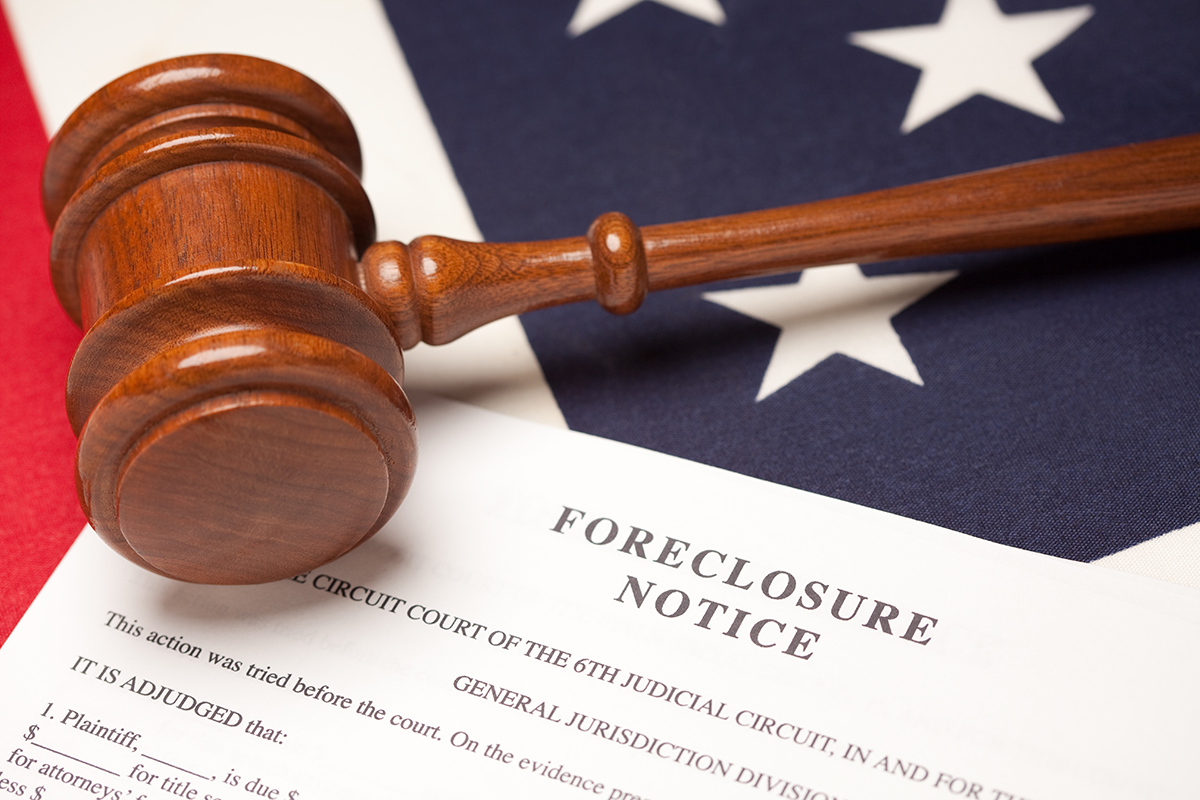What is Affirmative Defense in Foreclosure?
Affirmative defense challenges the foreclosure process by presenting evidence that casts doubt on the validity or legality of the mortgage or the foreclosure proceedings. It allows homeowners to assert their rights and argue that the lender or the foreclosure process itself has violated certain laws or regulations.
Some common affirmative defenses include:
- Standing is an affirmative defense that challenges the lender's legal right to initiate foreclosure proceedings. Homeowners can argue that the lender does not possess the proper documentation or ownership rights to foreclose on the property. The mortgage may have been sold multiple times, making it difficult for lenders to provide the necessary paperwork. [1]
- The Statute of Limitations defense argues that the lender has failed to initiate foreclosure within a specific timeframe specified by state laws. If the lender exceeds the Statutes of Limitations, the homeowner can raise this defense to dismiss the foreclosure case.
- Fraud and unconscionable terms defenses focus on alleged deceptive practices used by the lender, such as misrepresentation of the loan terms or predatory lending. If homeowners can provide sufficient evidence of fraudulent or unfair practices, it may result in the dismissal or modification of the foreclosure proceedings.
Violations of consumer protection laws like the Truth in Lending Act or the Fair Debt Collection Practices Act can serve as affirmative defenses. Homeowners can argue that the lender failed to disclose important information about the loan or engaged in abusive or unlawful debt collection practices.
How Do I use Affirmative Defense in a Foreclosure?
To use affirmative defense in a foreclosure, you will need to take certain steps, including:

- Consult an Attorney: They will help you understand the specific foreclosure laws in your state and guide you through the process.
- Gather Evidence: This might include documents such as loan agreements, mortgage contracts, or any evidence of specific violations or misconduct on the part of the lender. Your attorney will help you determine what evidence is necessary for your defense.
- File a Response with the Court: Your attorney will prepare and file a response to the foreclosure complaint with the court. This response should include your affirmative defense, stating the reasons why the foreclosure should not proceed. Meet all court deadlines and requirements during this process.
- Attend Court Hearings: Depending on the specific circumstances of your case, there may be several court hearings that will take place. These hearings provide an opportunity for both parties to present their arguments and evidence. Your attorney will represent you during these hearings and fight for your rights.
- Negotiate or Settle: The lender may be open to negotiating a settlement rather than going through a lengthy court battle. Your attorney can help you explore these options and determine if a settlement would be in your best interest.
Who Can Use Affirmative Defense in Foreclosure?
Any homeowner facing foreclosure can potentially explore the option of an affirmative defense, especially if they believe they have a valid legal argument to support their case.
Not all jurisdictions or situations may allow for the use of affirmative defenses. Some states have strict regulations, limiting the circumstances under which homeowners can use this defense. Some states may only permit affirmative defenses based on specific legal grounds, such as predatory lending practices, fraud, or violations of certain consumer protection laws.
Homeowners should consult with an experienced foreclosure attorney who can assess their individual circumstances and provide appropriate legal advice. These legal professionals have the expertise to help navigate the foreclosure process and find potential defenses for homeowners.

How Long Does It Take to Use Affirmative Defense in Foreclosure?
The timeline for utilizing an affirmative defense in foreclosure can vary depending on several factors. The process may take several months or even years, depending on the complexity of the case, jurisdictional differences, and individual circumstances.
The initial consultation generally takes place soon after the homeowner becomes aware of the foreclosure action against them.
The attorney and homeowner collaborate to gather all necessary documentation. This stage can lengthen the timeline, as it requires due diligence and meticulous preparation. The attorney may need to conduct thorough research to build a solid case.
The attorney files the affirmative defense with the court. This filing marks the official initiation of the legal battle against the foreclosure. This step is not the end but rather the beginning of a potentially lengthy process.
The court assigns a hearing or trial date, which can take several months to schedule, depending on the court’s calendar and backlog.
The court may grant temporary relief, such as a stay or injunction, which halts the foreclosure process temporarily.
Foreclosure cases can be challenging and emotionally draining, and the timeline may become extended due to unforeseen circumstances or legal complexities.
Contact Frego Law today to learn more about how we can help you with your foreclosure case and start the process of using affirmative defense to fight for your home.
Source:
[1] Loftsgordon, A. (2023, February 8). Defenses to Foreclosure. www.nolo.com. https://www.nolo.com/legal-encyclopedia/defenses-foreclosure-29937.html




